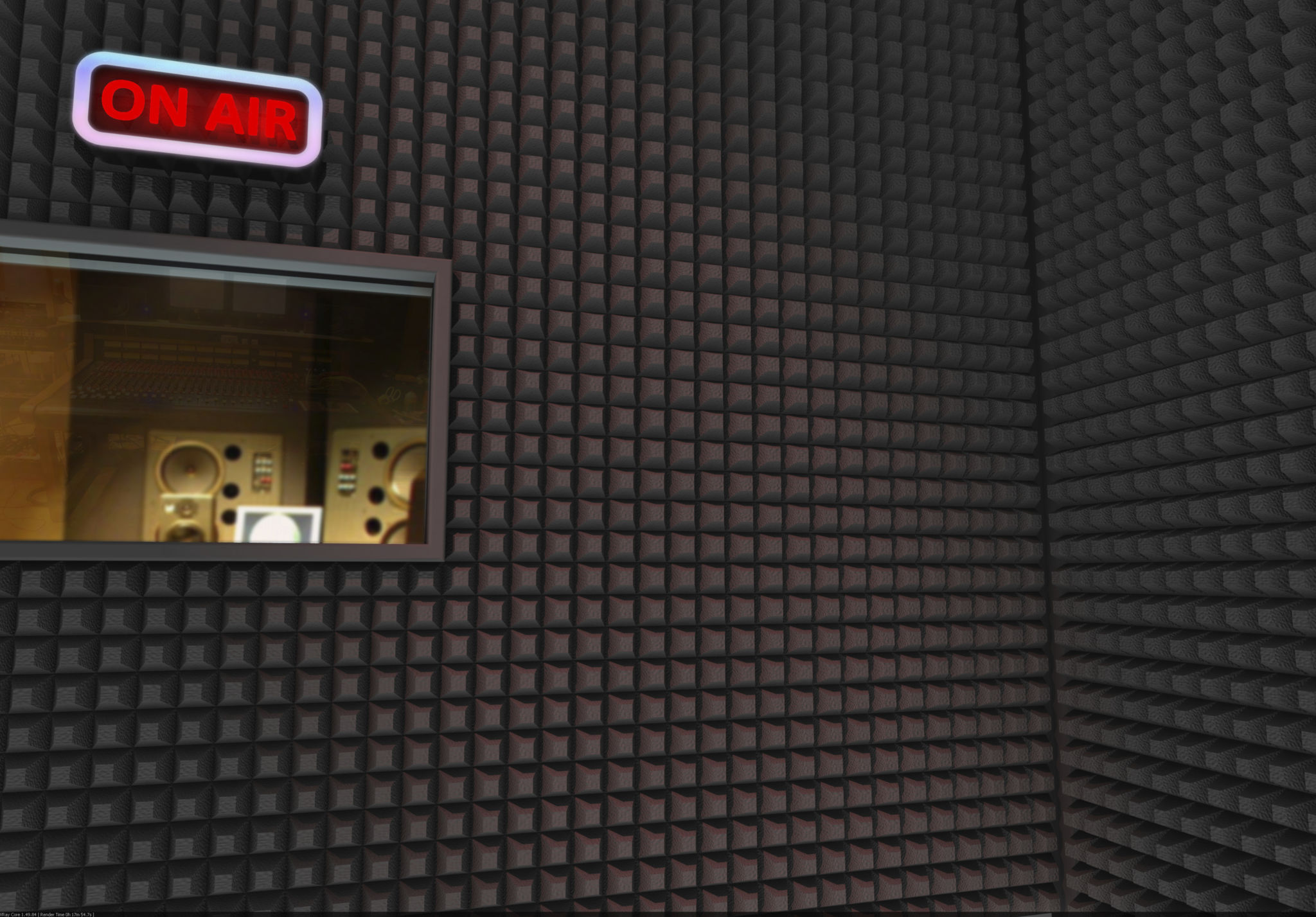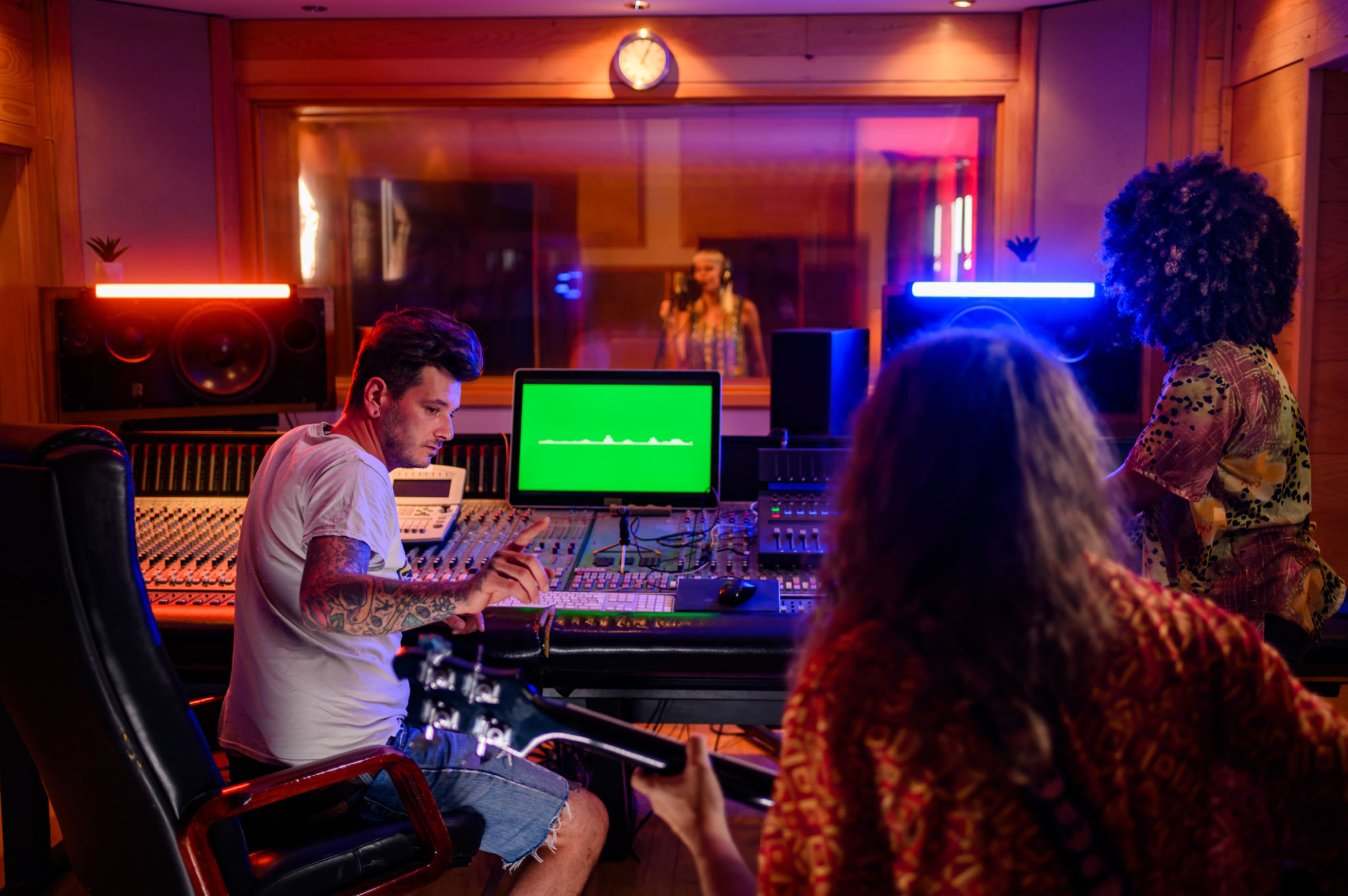Common Misconceptions About Audio Production
Understanding Audio Production
Audio production is a fascinating world that combines technology, creativity, and skill. However, many people have misconceptions about what it involves. In this post, we'll explore some common myths and set the record straight.

Myth 1: You Need Expensive Equipment
One of the most pervasive myths about audio production is that it requires costly equipment. While having high-end gear can enhance production quality, it's not a necessity for producing great audio. Many successful producers started with minimal setups and gradually upgraded as their skills improved.
Today, there are numerous affordable options that deliver impressive results. From budget-friendly microphones to free digital audio workstations (DAWs), you can create professional-sounding audio without breaking the bank. The key is understanding how to use what you have to its fullest potential.
Myth 2: Audio Production is Only for Musicians
Another common misconception is that audio production is solely for musicians. In reality, it spans a wide variety of fields, including film, television, podcasting, and gaming. Each area has unique requirements and offers different creative opportunities.

For instance, sound design in film involves creating immersive auditory experiences that complement the visual elements. In podcasting, producers focus on clarity and engagement. Understanding these distinct needs can open doors to diverse career paths within audio production.
Myth 3: It's All About Technical Skills
While technical skills are important, audio production is also about creativity and storytelling. Successful producers blend technical expertise with artistic vision to create compelling audio content. This involves making creative decisions about soundscapes, mixing, and effects.
Additionally, collaboration plays a vital role in the process. Working with other creatives, such as musicians or directors, requires good communication and the ability to translate ideas into sound. Thus, soft skills are just as crucial as technical prowess.

Myth 4: Audio Production is a Solo Endeavor
Many believe that audio production is a solitary task carried out behind a computer screen. In truth, it often involves teamwork and collaboration. Producers may work with artists, sound engineers, and other industry professionals to achieve the desired outcome.
This collaborative approach not only enhances the quality of the final product but also fosters a learning environment where individuals can share techniques and insights. Building a network within the industry can lead to more dynamic and innovative projects.
Conclusion
Debunking these myths helps us appreciate the diversity and creativity involved in audio production. Whether you're an aspiring producer or an enthusiast looking to understand more about the field, it's important to approach audio production with an open mind and a willingness to learn.
